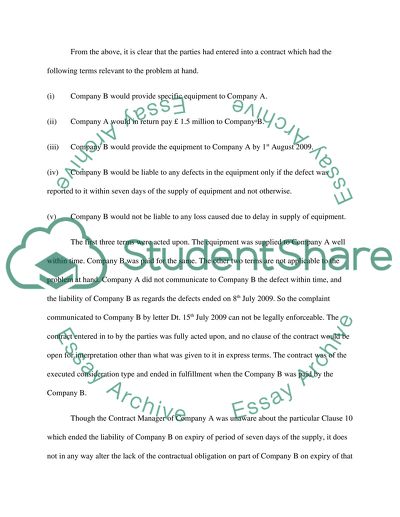Cite this document
(“Industrial Law Assignment ( Contract Law ) Essay”, n.d.)
Industrial Law Assignment ( Contract Law ) Essay. Retrieved from https://studentshare.org/miscellaneous/1561546-industrial-law-assignment-contract-law
Industrial Law Assignment ( Contract Law ) Essay. Retrieved from https://studentshare.org/miscellaneous/1561546-industrial-law-assignment-contract-law
(Industrial Law Assignment ( Contract Law ) Essay)
Industrial Law Assignment ( Contract Law ) Essay. https://studentshare.org/miscellaneous/1561546-industrial-law-assignment-contract-law.
Industrial Law Assignment ( Contract Law ) Essay. https://studentshare.org/miscellaneous/1561546-industrial-law-assignment-contract-law.
“Industrial Law Assignment ( Contract Law ) Essay”, n.d. https://studentshare.org/miscellaneous/1561546-industrial-law-assignment-contract-law.


